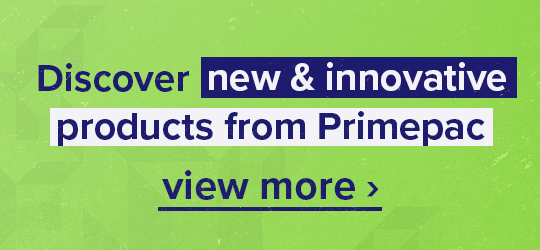.jpg?width=550&height=367&name=Single-use%20plastics%20%E2%80%93%20what%20are%20my%20alternatives%20(1).jpg)
Single-use plastics have been a form of convenience for many businesses because they’re cheap to produce, durable, and available in abundance.
However, the long-term effects of plastic are increasingly apparent and the New Zealand government has launched a plan to reduce single-use plastics.
Fortunately, consumer awareness of plastic pollution is increasing and many alternatives are now available. In this article, we share some common single-use plastics and alternatives you can use.
Why you need to find an alternative to single-use plastics
New Zealanders generate an estimated 17.49 million tonnes of waste annually with 58.1% of this waste being sent to New Zealand landfills.
Plastic pollution
Plastic packaging is one of the major environmental challenges because it takes anywhere from 20 to 500 years to break down, is hard to recycle and is extremely damaging to the environment and wildlife. Shifting away from these single-use products will help reduce our waste and improve our recycling systems. This is also part of the wider goal to reduce emissions by 2050.
Ban on single-use plastic NZ
In 2021, the Government announced a 3-stage ban on single-use plastics. The first stage was in October 2022, banning PVC meat trays, polystyrene takeaway packaging, EPS grocery packaging, plastic drink stirrers, plastic cotton buds, and oxo-degradable and photo-degradable products.
In July 2023, the following items will be banned:
- All single-use plastic produce bags which are used to package fresh fruit or vegetables at the point of sale.
- Plastic straws
- Produce labels
- Plastic tableware (plates/bowls/cutlery)
In mid-2025, all remaining PVC and polystyrene food and beverage packaging will be phased out.
This ban is following Section 23 1b of the Waste Minimisation Act 2008 and follows guidelines from the Ministry for the Environment.
Alternatives to single-use plastic
Fortunately, many sustainable alternatives are available. If the ban applies to your business, consider trialling some alternatives ahead of the second stage ban, which comes into effect July 2023.
Disposable coffee cups
A morning brew from the local cafe has long been a routine for many of us, along with the cups they come in. While disposable cups are convenient for on-the-go situations, they’re doing no favours to our environment.
While many consumers have invested in reusable coffee cups for their routine beverages, single-use options still have their place. In these situations, cups that are easily bio-degradable are great alternatives.
Our solution:
At Primepac we stock Paper Biocups which are made with plants, not oil. These are the only cups in Australia and New Zealand that are certified commercially compostable to AS4736.
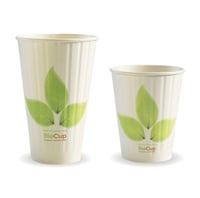
Disposable cups & plates
The next time you host a party or cater an event, consider using bamboo plates and bowls. Bamboo is a natural fibre, meaning it can degrade naturally and safely while in the correct composting conditions.
Additionally, plates and bowls made from bamboo are safe and suitable for microwaving and refrigeration.
Our solution:
Our range of BioCane plates and bowls is made from renewable sugarcane pulp, which is a by-product of the sugar refining industry. This range is certified home-compostable, microwave-safe, and refrigerator safe. They are certified home compostable and commercially compostable according to Australian and European standards.
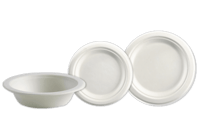
Shopping bags
All New Zealand supermarkets phased out single-use plastic bags back in 2019. Now most retailers sell a reusable bag option or supply used cardboard boxes for customers to package their items.
If your business has a surplus of used cardboard boxes, consider making them available near the checkout. This reduces your company’s recycling and your customers’ plastic waste – a win-win! Others like to use reusable bags as they can store them in their car and they can use them numerous times without wearing them out.
Our solution:
The Punched Handle bag is a great option because it is plastic-free and certified compostable. They are available in medium and large and are a great alternative to plastic checkout bags.
Paper bags are another great alternative for both retail and packaging applications. You can choose from a wide range, including robust twisted handle bags, heavy-duty paper bags, or white paper bags. These options can be reused multiple times before being easily recycled.
For those wanting to offer a bag that can be reused again and again, the Natural Tote is a great solution. These bags are 100% biodegradable and made from 140 gsm calico with overlocked inner seams and cross-stitched handles. They’re a generous size and are extra strong so they’re great for packaging heavy groceries. 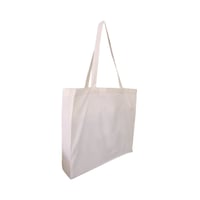
Kitchen rubbish bags
Many of us can admit to being guilty of using single-use plastic bags as rubbish bags in the past! We’re now spoilt for choice when it comes to eco-friendly alternatives with compostable bags being a popular option.
The Ecopack range of bags is 100% compostable, plastic free, biodegradable and available to purchase from Primepac. They are a more eco-friendly packaging choice and are specifically designed to be sustainable from start to finish.
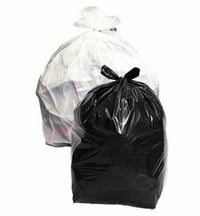
Wet wipes
From cleaning up kitchen spills to taking off makeup, wet wipes are a staple in many households. Although convenient, wet wipes are often made from polyester which does not easily break down. This means wet wipes clog up many of our waterways and float down our rivers to the sea.
Our solution:
An alternative to wet wipes is a microfibre cloth. Microfibre cloths are great for cleaning and can be used multiple times – the Primepac range of microfibre cloths can be washed and reused 100s of times over! Check the range out here.
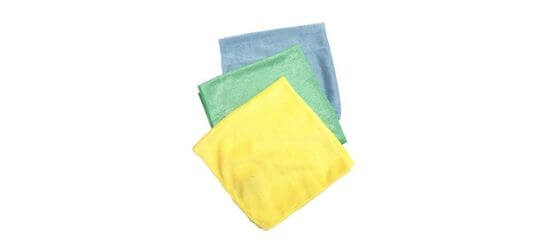
Plastic alternatives
In July, all of our single-use products will be completely free of the above plastics so you can confidently supply your business with the right products. We have a variety of practical alternatives in our sustainable range that many businesses are already taking advantage of.
Why not get ahead of the ban and trial some now? Find all of our sustainable products and our environmental initiatives on our website or download our sustainable catalogue.



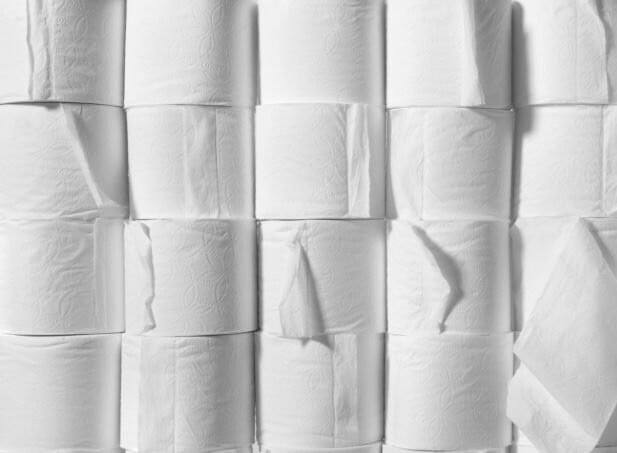
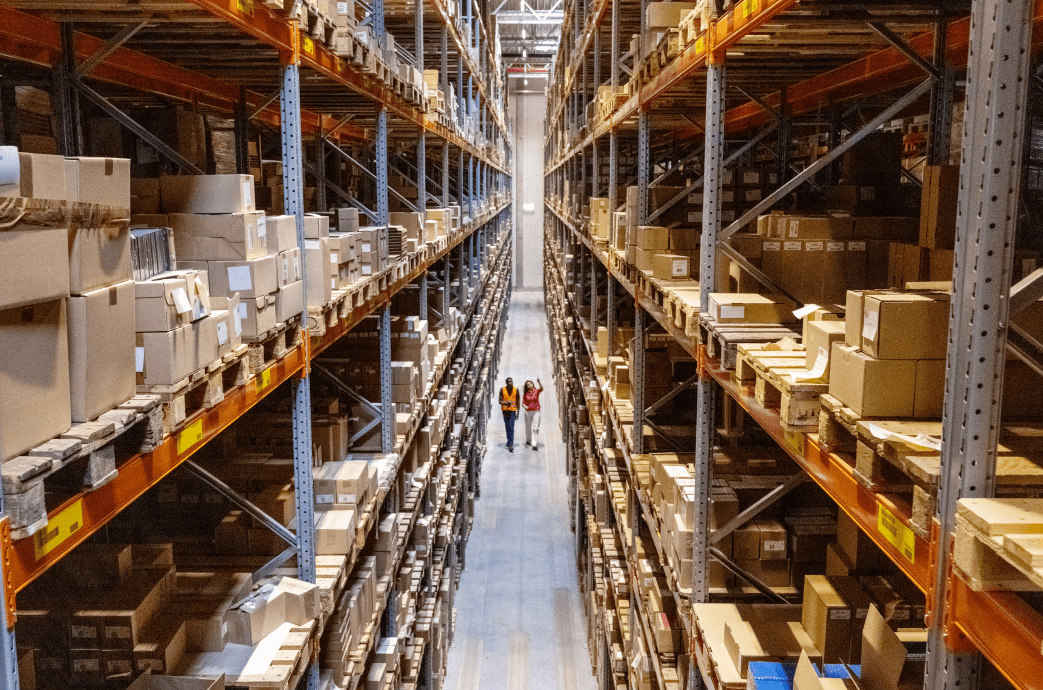
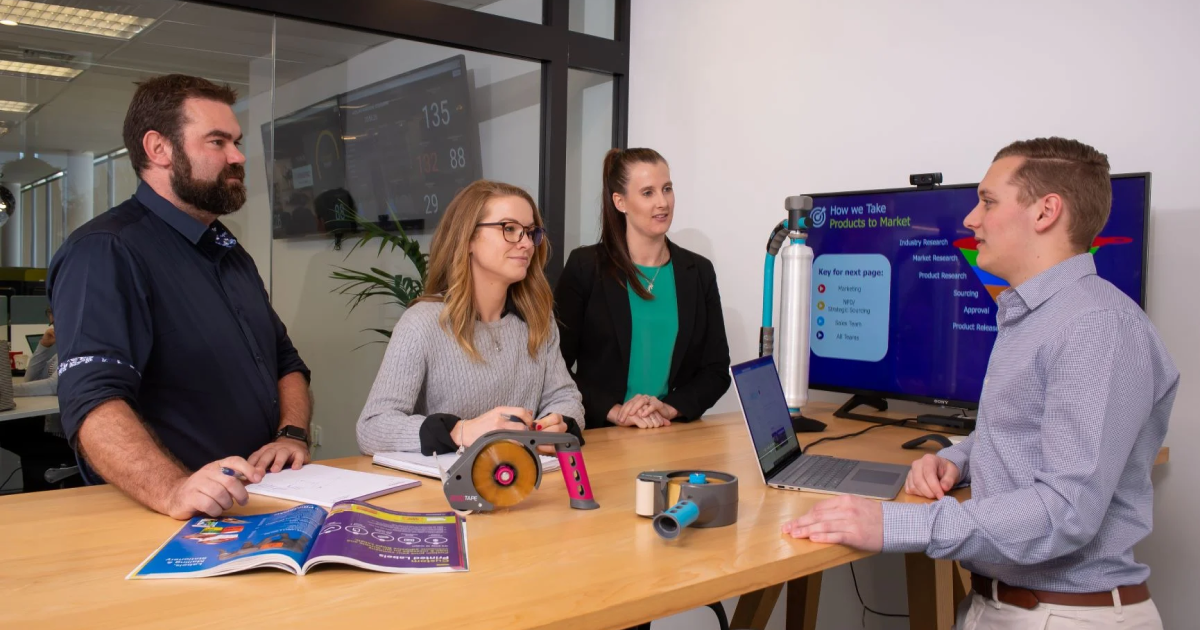
.png)
